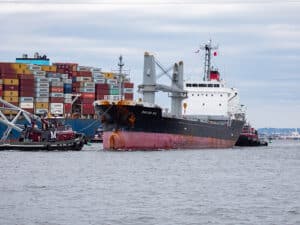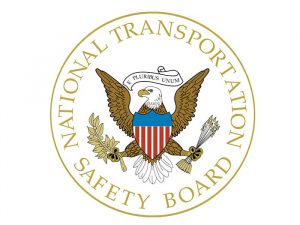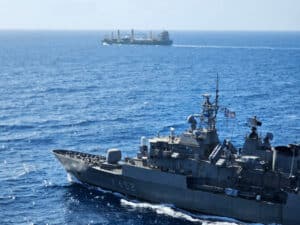
Castrol: Shipping must expect a “new normal”
Written by Marine Log Staff
Image: Castrol
Lubricants supplier Castrol says the shipping industry should expect a period of “new normal” where continuous change in environmental compliance standards is driven by regulation, adding layers of technical complexity for owners and operators.
With shipping currently preparing for the IMO 2020 global sulfur cap, Castrol says that, as the sector examines its current and future fuel choices, there needs to be an understanding that fuels and lubricants are intrinsically linked. Failure to consult and work in partnership with engine manufacturers, fuels and lubricant suppliers could lead to unintended consequences. Shipping operators should consider technical changes within the engine room in terms of training, hardware, and software, as well as fuels and lubricant procurement and application, with new pressures causing more operational strain on crews and vessels.
Impending NOx and decarbonization regulations mean that 2020 is only one step to meet a flurry of new environmental compliance standards.
Kamuran Yazganoglu, Managing Director, Global Marine and Energy, Castrol, says:
“It is important that the industry looks at the immense operational, technical and procurement challenges associated with the 2020 sulfur cap and recognizes a wider trend that will stretch our sector and require a new mindset as more changes approach at every level.
“Owners and operators will have to make sure that crews are constantly updated as to the choices that affect their day-to-day work and the risks associated with those choices, putting extra strain on those in the engine room and redefining practices in doing so. Change also impacts vessels on a technical level, as the intrinsic link between the fuel, the engine and the lubricant becomes ever-more significant.
“What the industry needs to recognize is that this ‘new normal’ for change is only set to continue. January 1, 2020 marks a turning point, not an end-point, on our journey towards compliant, efficient operations. Fundamentally, this trend is going to require all of us to collaborate and work with agility to ensure engines are maintained, fuels are compliant and safely burned, and that the right lubricant is chosen to underpin both of these.”
Yazganoglu also points out that new regulation is not the sole driver of change, with new technologies and commercial pressures also prompting shifts to business. He adds:
“The potential for greater efficiency, in terms of fuel, engines and lubricants, holds great promise for the industry. But the unintended consequences of any change at the technical level can have far reaching operational and supply chain effects – all of which must be assessed at a vessel level to ensure continuity of operations.
“All of this comes at a time when owners and operators are rightly focused on their bottom line. But there are real opportunities to be realised from embracing the change we are seeing in terms of new engines, fuels and lubricants.”
To make the most of the new culture for change in the industry, Yazganoglu says that the sector must remain flexible and foresee future changes, particularly on an operational level.
In anticipation of this changing operational environment, Castrol has reaffirmed its commitment to its SmartGains program. As part of the SmartGains process, Castrol consults with owners and operators on where marginal gains can be made across their businesses to generate a greater cumulative saving across areas such as procurement, engine room operations and lubricant switchovers.




